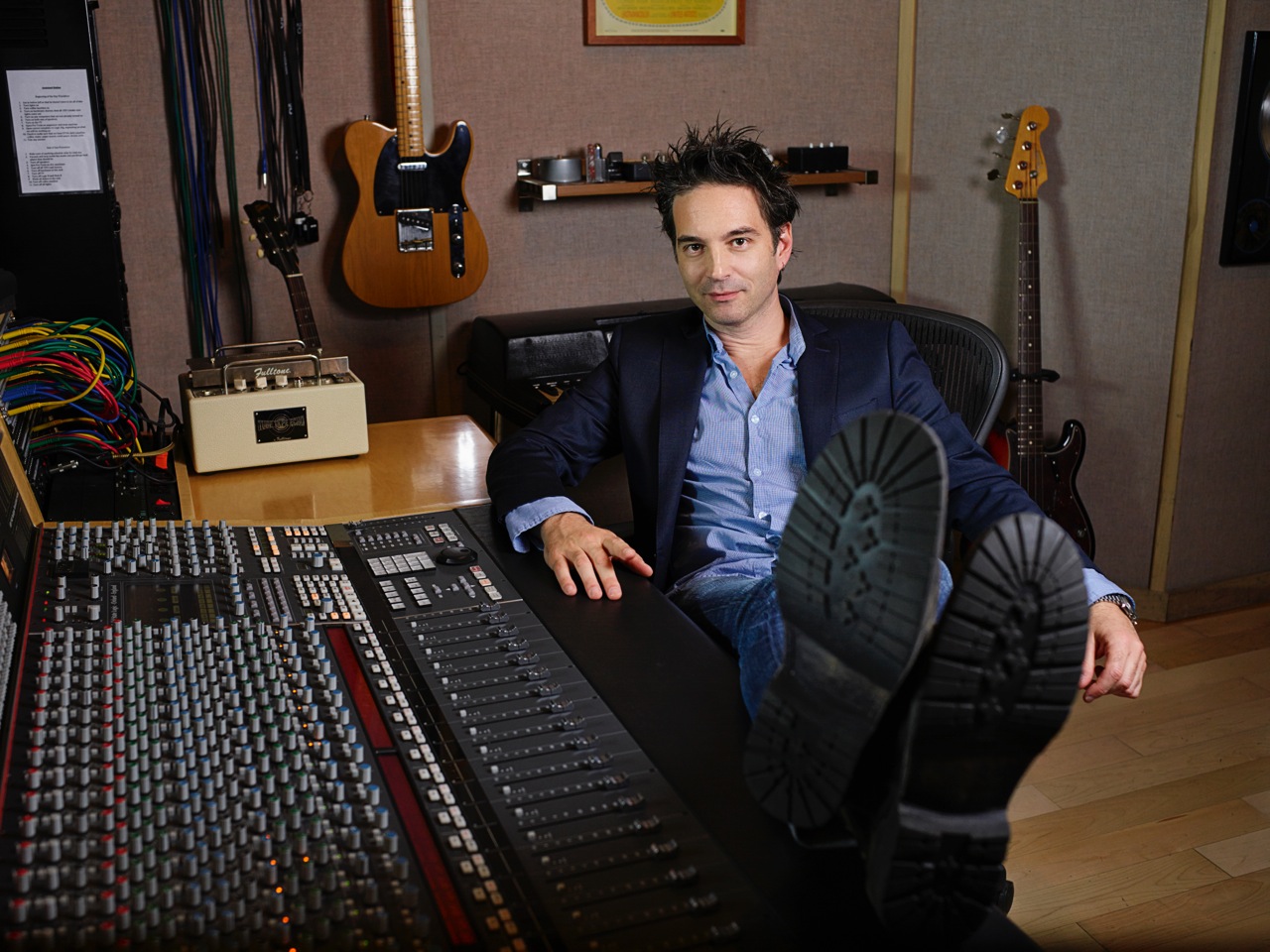The Music of Lizzie Strikes a Sympathetic Tone for the Famous Killer
The four-line Lizzie Borden rhyme is graphic, if not particularly sympathetic. A woman commits a double homicide and the victims are her own parents. The real Borden was acquitted of the 1892 murders, but her legacy was condemned to the role of cold-blooded killer. Sundance selection Lizzie, starring Chloë Sevigny and Kristen Stewart, revisited the infamous crime with a compassion for Borden and explored the motivation that drove her to pick up the axe. Legion and Fargo composer, Jeff Russo, wrote the score based on the new elements the script brought to the character.
“I’m not sure she’s an attractive character, certainly very evocative,” Russo said. “Being oppressed by her father, being oppressed by her step mother, and how they looked upon her having this love for Bridget and having this lesbian affair. It’s just really an interesting way to tell this story, from the point of view of empowerment. Despite the fact it ends in a horrible killing, it still feels like there is this part of it that tells the story from someone trying to protect themselves, trying to rise up.”
Russo has a talent for tackling complicated characters through music. Although the ending of Lizzie’s story is known to us all, the script reveals there is a great deal to discover along the way. Rather than accentuating the terror and violence, Russo approached the story as a ‘love story with a thriller aspect.’
“There’s an edge to it,” Russo said. “It’s a very off-balance story. There’s a lot of tension. At the same time, there’s this emotional through line and I tend to write music finding the heart and the emotional content in the story. At one-point Lizzie feels at the end of her rope. There’s a hopelessness to it and yet there’s this hope, because of this love she has for Bridget. I try to find a way to support that part of the story.”
Lizzie’s relationship with Bridget is both the cause and effect of her troubled story. A harsh and strict household offered nothing but judgment and intolerance, so she turned to the only source of caring. As the film portrays the events, the affair challenged her parent’s limited capacity for caring. Russo greatly emphasizes the relationship aspect of the film over the bloody climax.
“There was a scene that was certainly complex and the most thrilling in which they have one of their first physical encounters,” Russo said. “It’s very tense and yet very tender. The way I went about it was utilizing music and silence to really draw out the tension between the two of them.”

The film’s unique perspective was conceptualized by Sevigny and scripted by her longtime friend, Bryce Kass. It is a modern reflection of a time of rampant female oppression that existed one and a quarter century ago, yet resonates today. Russo fused the late 19th century musical style with modern techniques to bring Borden’s story to a contemporary audience.
“I used a small chamber string and woodwinds group. It felt like that would fit the time,” Russo explained. “There’s a Baroque aspect to it in sound, but the compositional technique that I try to employ is a little bit more modern to try to fit with it being modern storytelling told in this retro environment.
Lizzie stands out among Russo’s projects as a feature film in a sea of wildly popular TV shows. Star Trek: Discovery, Waco, and Santa Clarita Diet are highlights among the long list. An episodic requires more music and more often. The amount of music written for a film in 6-8 weeks must be turned around for television in 2-3 weeks. Despite the pace, however, Russo said he approaches both storytelling styles in the same way.
“I like to write thematic material that I can use for the certain characters or certain geographical locations and then I apply that to how I want to score either film or television show,” Russo said. “Most of the TV shows I do have this one storyline with little mini storylines in between. Fargo was basically a storyline over 10 episodes. Star Trek: Discovery was basically one storyline over 15 episodes with little bits of stories in between so I had to write little pieces in between, but utilize a lot of thematic material that I wrote a lot at the beginning of the series.”
What never stays the same are the stories Russo is telling. Even with familiar material like in the case of Lizzie Borden, Russo finds new elements to reveal.
“This is the first time I’ve ever heard the story told like this which is what was so interesting to me,” Russo said. “She certainly feels more sympathetic than just the story of Lizzie Borden being crazy and killing her parents.”
Lizzie is scheduled for theatrical release September 14.
Featured Image: Kristen Stewart and Chloë Sevigny in Lizzie. Courtesy: Sundance Institute



